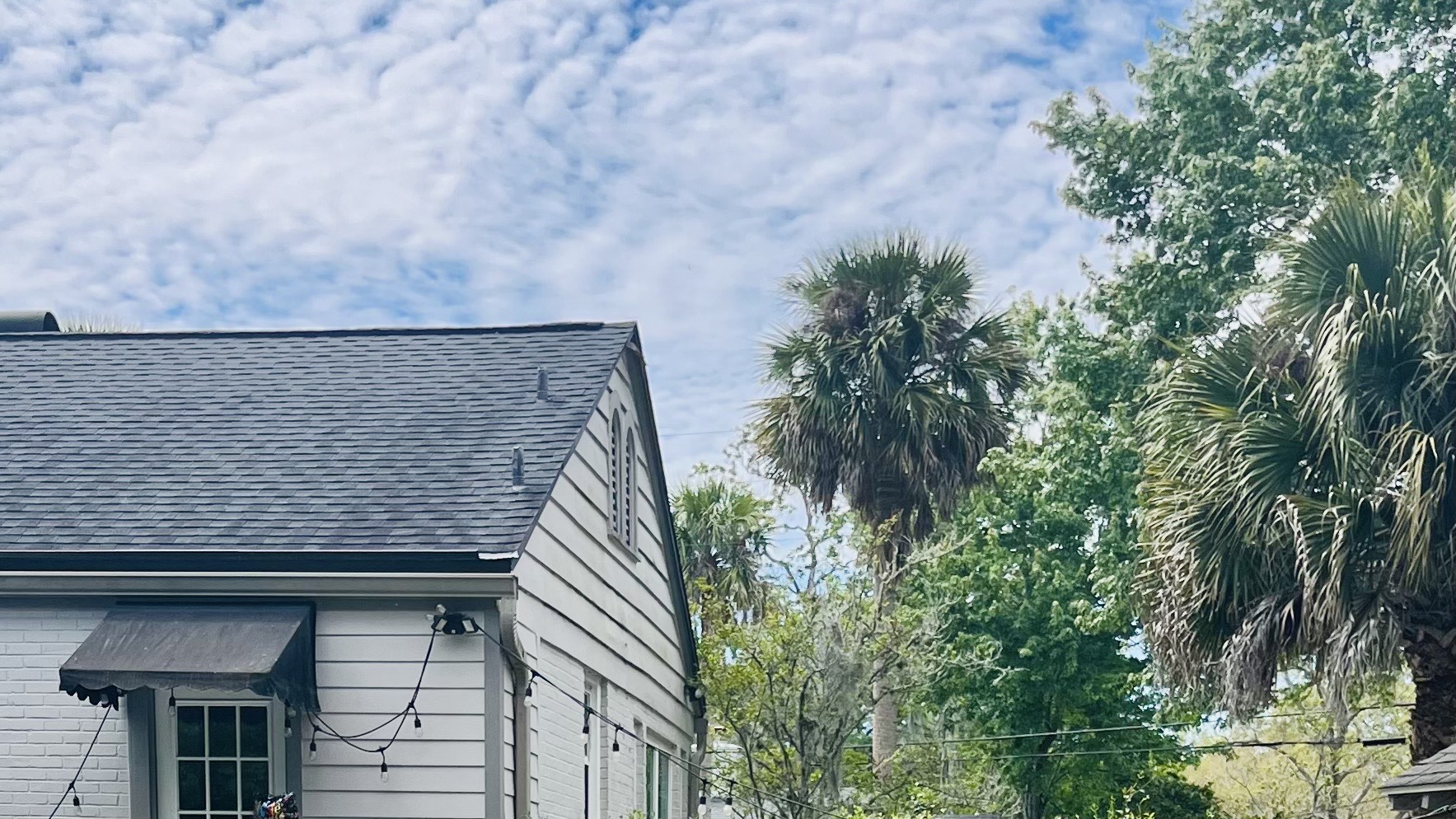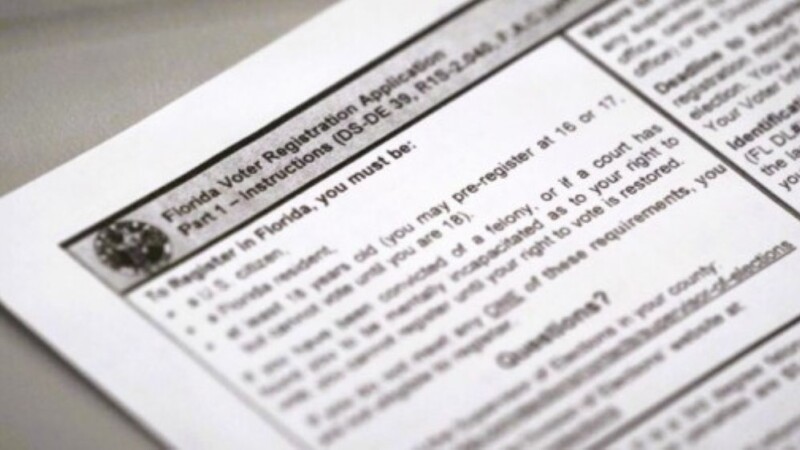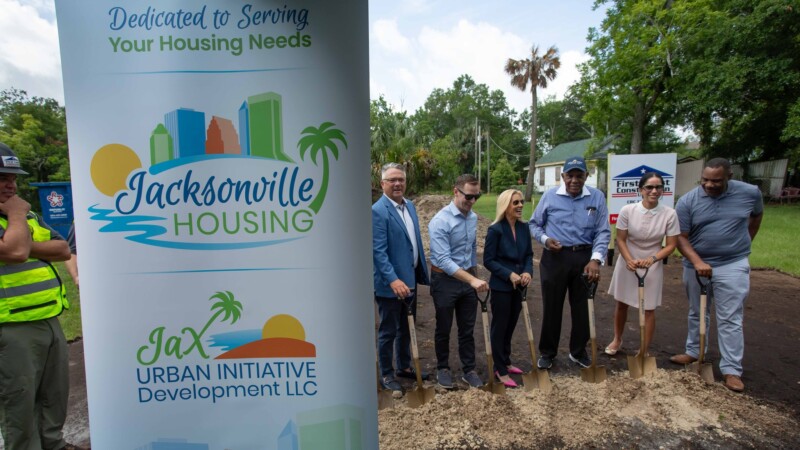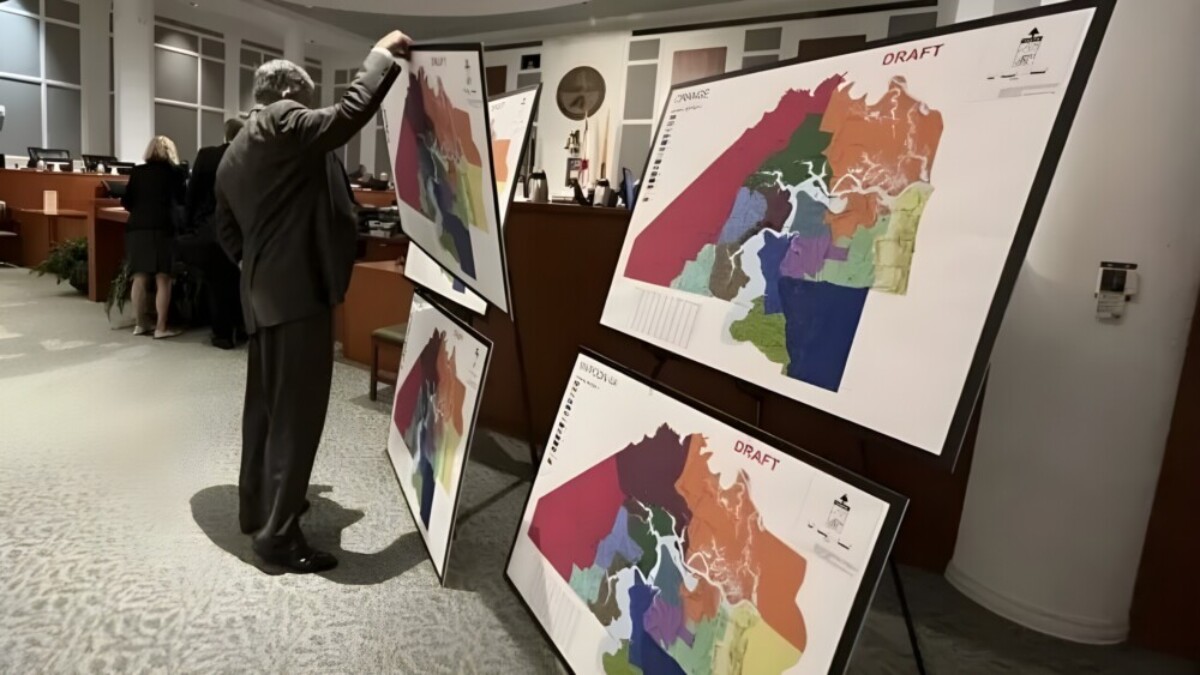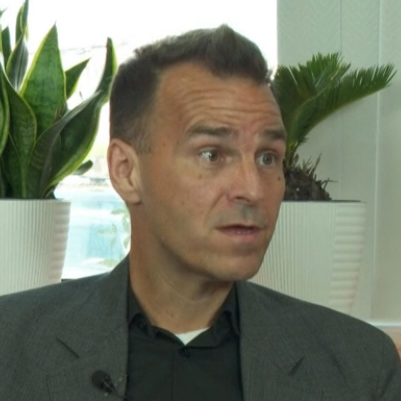
Budgets are a sign of priorities.
And Republicans on the Jacksonville City Council think Democratic Mayor Donna Deegan has too many of them.
That’s one takeaway from the revelation that an influential cadre of GOP members look to chop the millage rate by some yet-to-be-determined amount.
The city last cut property taxes in 2022, a time when federal money was pouring in due to the experiments of Donald Trump and then Joe Biden with COVID-era subsidies. It was a modest reduction, one-eighth of 1 mill, and that was offset by property values’ increasing.
The last sustained period of cuts was under the John Delaney administration, and that arguably bought him the political capital he needed for the Better Jacksonville Plan that the city is on the verge of finally paying off through a half-cent sales tax that will be repurposed to pay off a pension plan closed to new entrants in 2016.
People who weren’t born when these decisions were made will spend the bulk of their lives paying off a deferred obligation. But that’s nothing new. As the old bumper sticker reads: “We’re spending our grandchildren’s inheritance.”
On the surface, the arguments to cut property taxes make sense. Ron Salem says there is room to make cuts in the $2 billion plus proposal. President Kevin Carrico says property values and insurance are going up. Finance Chair Raul Arias equates the recent garbage fee increase to a tax hike.
Budgets can always be cut, of course. What do you have to lose but road and sidewalk maintenance, timely response from police and fire, code enforcement, subsidies for safety net hospital UF Health, and so on? Most of the time, you aren’t thinking about any of that anyway.
But Arias’ comment equating the garbage fee boost with a property tax hike is telling. As we wrote here to no avail, the garbage fee increase was a regressive measure. Someone living in a shack pays the same as someone in a mansion. The finance chair therefore glosses over the difference between regressive and progressive taxation, which is his prerogative, but which also reveals that, to the people making the financial decisions in the city, there is no real difference between the concepts.
Carrico’s take that lowering property taxes by some minor margin somehow addresses the affordability crisis merits a response also.
For starters, there are people who are trapped in their current homes that they bought at favorable interest rates a few years back. A nominal millage cut that may buy a bag of groceries or pay a few days of the JEA bill could help them.
But renters likely won’t derive any benefit from this, unless we believe corporate landlords are going to pass those benefits downstream. I rented for decades and I never heard a landlord propose a cut because they got a better insurance deal or because the city moved the millage rate down.
Any cut, likewise, will offer minor mitigation to the larger trend. As Redfin notes, Jacksonville property taxes went up 60% between 2019 and 2024, roughly double the country’s overall rate of increase during the same five-year period.
Meanwhile, a big-picture view of local finances, via the watchdogs at Truth in Accounting, suggests that the city council is as complicit as the mayor in not reining in big spending at the expense of the future.
Earlier this year, the group reported a per capita debt of nearly $10,000 for every person in the city, which puts Jacksonville 60th out of 75 cities ranked.
Truth in Accounting noted that police and fire costs are a big reason why, and that millage rates are necessary to fund them: “Public safety expenses, which account for 53% of total governmental costs, rose by $418.1 million adding financial strain. Property taxes, the largest revenue source, remain crucial to Jacksonville’s fiscal health.”
The financial benefits of a property tax cut arguably aren’t the main consideration here anymore than they are for Gov. Ron DeSantis’ push for cutting or eliminating them.
The issue really is one of political football.
Time is running short for Republicans who want to be mayor in less than two years to find an angle that will help them defeat Deegan’s inevitable re-election campaign, and the discussion of millage cuts during this third budget of hers may be their best shot, as it creates a double bind.
Sign off on it, and she is signing on to hard choices that gut policy proposals she promoted.
Veto it, and she leaves herself open to the “Donna Deegan stopped Council from cutting YOUR taxes” mail and TV spots.
Ultimately, it’s possible that the candidate going against Deegan in May 2027 is not currently on City Council, and that person could make the case and benefit from the tax cut tempest without having their fingerprints on the muddled arguments for it.
The political argument for this push makes a lot more sense than the financial case, which indicts the council that approves budgets at least as much as the mayor who proposes them. They’ve spent money the city doesn’t have for decades. And unfortunately, that money has to come from somewhere. In this case, unfortunately, it’s homeowners, given the lack of other avenues from which to extract capital.



